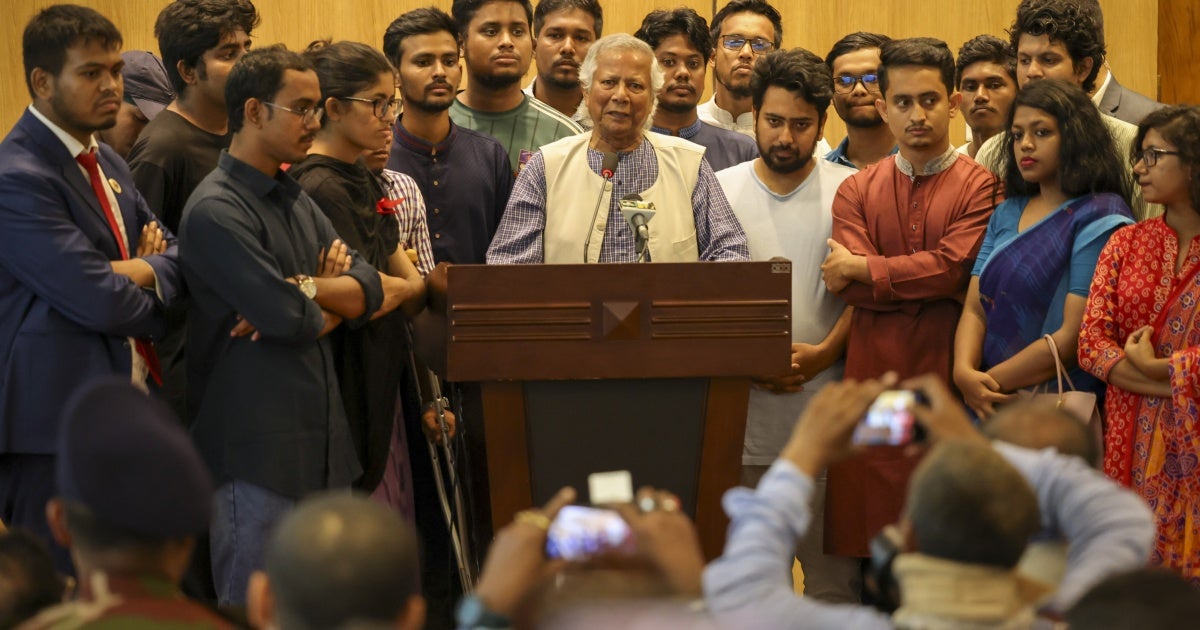A newly formed investigative committee led by interim leader Muhammad Yunus has reported that an estimated $16 billion may have been illicitly siphoned out of Bangladesh each year during the 15-year tenure of former Prime Minister Sheikh Hasina.
The committee’s findings suggest that these funds were channeled out of the country through a variety of methods, raising concerns over widespread corruption and financial mismanagement during Hasina’s rule. The report has sparked intense debate and calls for further investigation into the mechanisms through which such large sums were moved internationally.
The investigation points to a combination of illicit financial flows, misappropriated state resources, and unaccounted financial dealings as the likely causes for the significant outflow of capital. The alleged financial misconduct has drawn criticism from opposition groups, who argue that the mismanagement of public funds contributed to the country’s growing economic disparity and financial instability.
The committee’s findings are likely to have significant political implications, especially as they come amid ongoing scrutiny over the legitimacy of Hasina’s administration and its impact on Bangladesh’s economy. The report has prompted calls for greater transparency and accountability in the government’s financial dealings.
As the investigation unfolds, further details are expected to be revealed, with an emphasis on uncovering the specific mechanisms behind these massive illicit financial transfers. The report also highlights the need for stronger regulations and improved financial oversight to prevent similar occurrences in the future.



